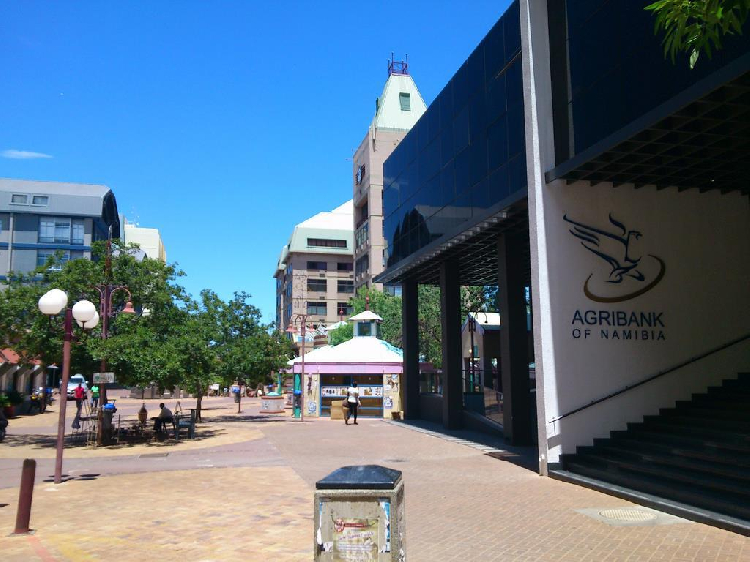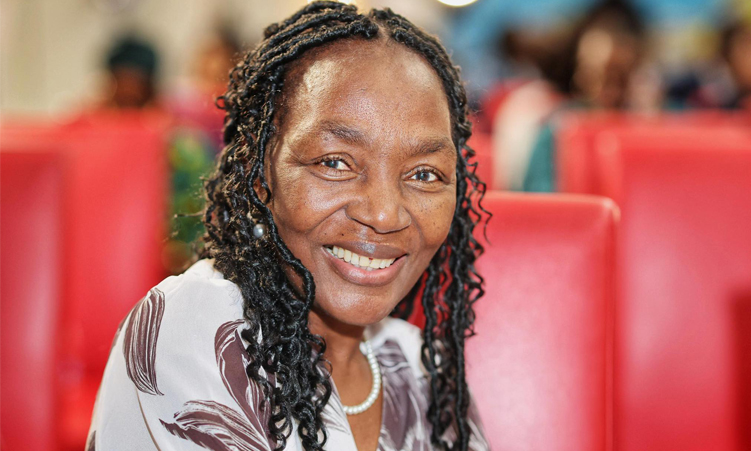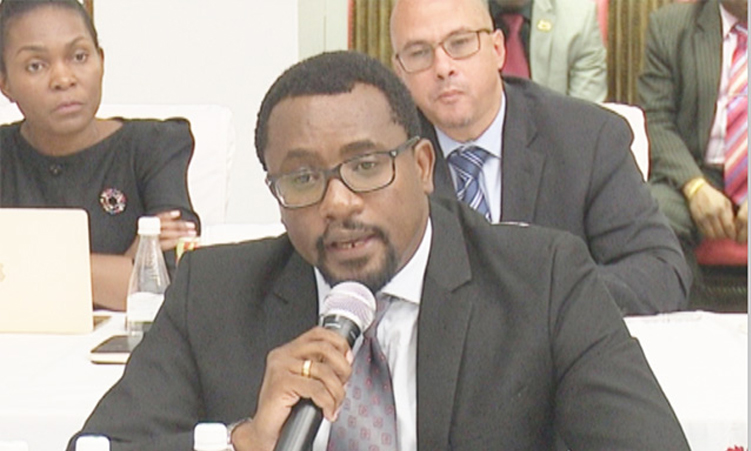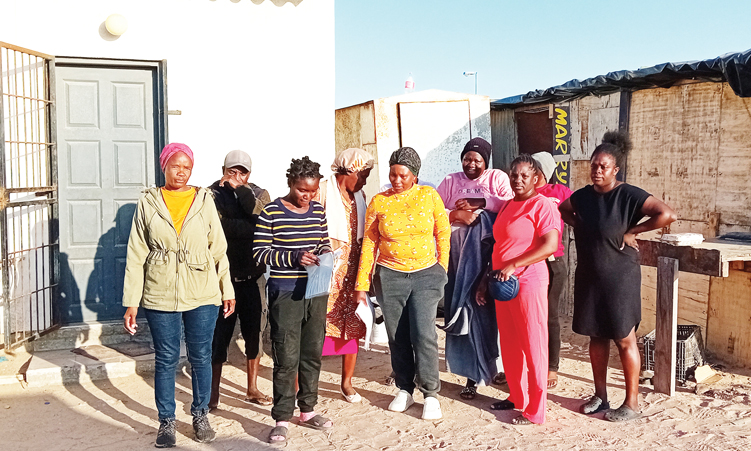The farming sector received a boost on Tuesday when Agribank and the Namibia University of Science and Technology (Nust) signed an agreement to collaborate in knowledge exchange, research, skills development and resource sharing.
According to a statement issued by the bank’s spokesperson, Fillemon Nangonya, yesterday, the three-year agreement between Agribank and the Harold Pupkewitz Graduate School of Business (HP GSB) is a significant milestone in strengthening ties between academia and industry to enhance Namibia’s agricultural sector.
Speaking at the signing ceremony, HP GSB director Hylton Villet highlighted the synergy between academia and industry.
“At Nust, we believe the collaboration between education and industry is key to driving meaningful progress.
“This partnership with Agribank is a bold step towards empowering Namibia’s agricultural sector, and farmers’ capacity building, especially in the area of business management,” he said.
Agribank chief executive Raphael Karuaihe said the partnership “represents a strategic investment in Namibia’s agricultural future as it will shape the trajectory of our agribusinesses through research, skills development and resource sharing”.
The agreement is for three years and has an option for renewal.
Explaining the deal, Nangonya said the agreement will look to assist both commercial and communal farmers.
The Namibian agricultural sector has, broadly, a dual system comprising a well-developed, capital intensive and export oriented commercial sub-sector and a subsistence-based communal farming sub-sector, low in technology and external inputs and highly labour intensive.
“We want to bring practical financial solutions to both communal and commercial farmers, especially the poor performing clients who are always falling into arrears due to drought,” he said.
He said while the agreement is still in its inception stage, the bank wants to find, through collaborative research, drought resilient farming practices that farmers can do so they do not fall into huge arrears on their loans.
He said while the bank will not be directly financing farmers through the agreement, the institution wants to find researched agricultural practices that solve problems farmers are facing.
“Farmers will benefit through implementation of the results of the research to be conducted by Nust business experts, which is being funded by Agribank,” he said.
Nangonya said while reaching out to communities Agribank has financed, the research will analyse the impact of financial inclusion.
He said one of the possible research areas could be how to have the communal agricultural sector, which covers 41% of the total land area and accommodates about 60% of the population, run on the business models.
Nangonya said agricultural production, and subsequently income, is low in the subsistence sector for a number of reasons, including limited access to markets or lack of high-quality seed inputs which work well under drought conditions.
“These are some of the areas the agreement aims to unlock and see how we can best serve these communities through a combination of academic and practical insights. Communal farming has been run as a retirement option.
“We want to build farmers’ capacity, especially in business management so that they can treat farming as a business from where they can derive income and boost rural economies, as well as ensure food security,” he said.
– email: matthew@namibian.com.na
Stay informed with The Namibian – your source for credible journalism. Get in-depth reporting and opinions for
only N$85 a month. Invest in journalism, invest in democracy –
Subscribe Now!










